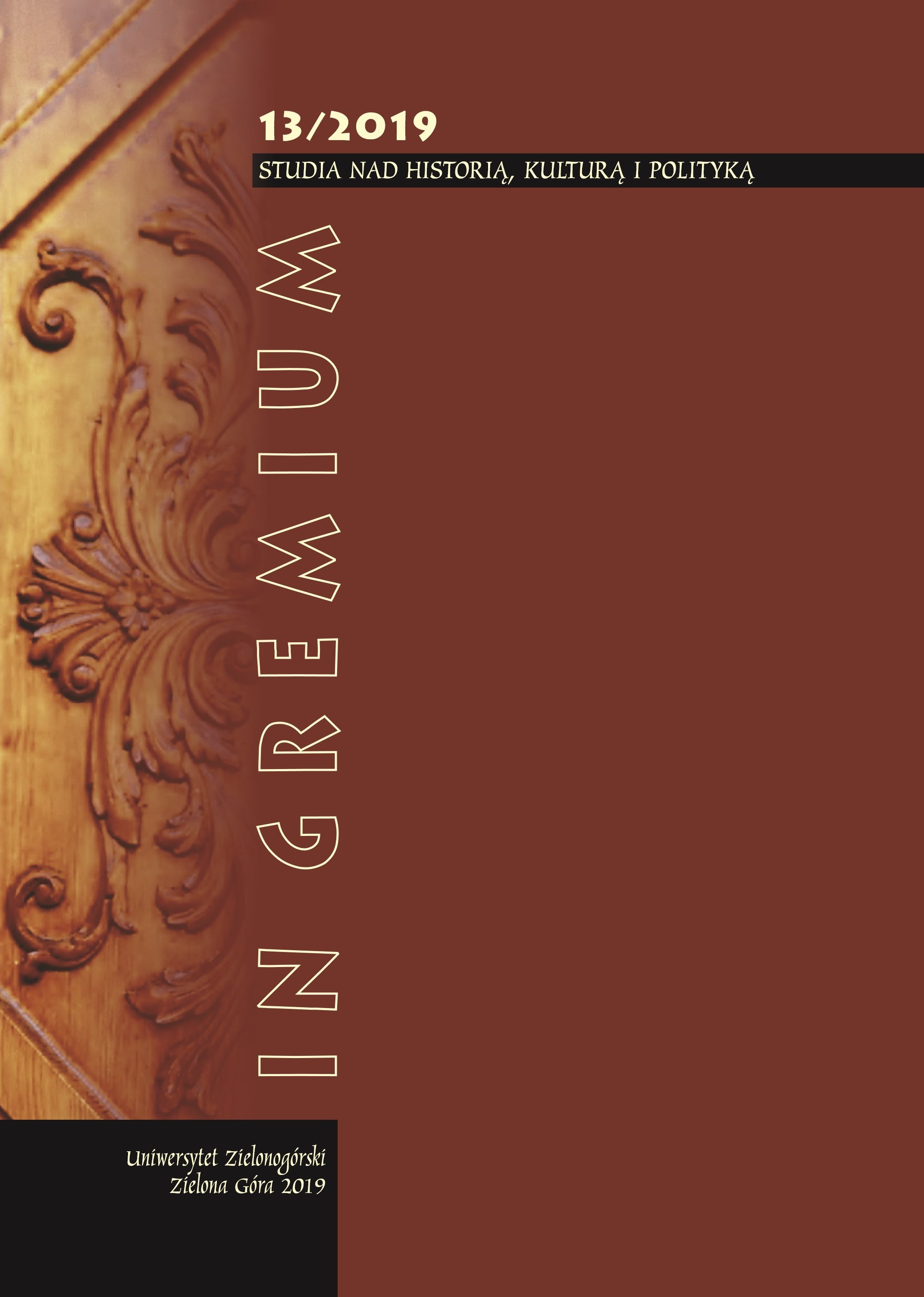Abstract
Gilles Deleuze’s unique interpretation of Plato’s Statesman leads him to the conclusion that the Greek philosopher was not certain that it was possible to distinguish the sensory world as a reflection of the Ideas from a world that only impersonates that reflection.
In a post-modern take, a Platonic doubt regarding the possibility of recognising the truth opens the way to another philosophy where the world is a “copy without an original”, a simulation of a truth that, however, conceals its false face.
That property of the world, the possibility of simulating its reference to an objective reality concealed behind language means that the idea of Truth is exceptionally sensitive to political exploitation. According to post-modernists, Nietzsche is the precursor of this approach. He examined the political interests concealed behind the desire to tell the “truth” to other people, and also of imposing it on them by force.
Michel Foucault took up this theme by recognising that the “truth” – particularly in the social sciences – has political significance: it serves to subjugate and invest individuals. The philosopher finds these practices in the contemporary and historical techniques of power. We cannot free ourselves of them without realization of the matter’s fictional nature and the unmasking of the deception of appearance, and in this sense “inverting” Plato’s philosophy, which – paradoxically – in Deleuze’s view he himself began.
References
V. Descombes, To samo i inne, Czterdzieści pięć lat filozofii francuskiej (1933-1978), Warszawa 1996
G. Deleuze, Nietzsche i filozofia, Warszawa 1997
G. Deleuze, Różnica i powtórzenie, [w]: red. B. Banasiak, K. Matuszewski, Colloquia Communia 1988, nr 1-3,
M. Foucault, Nietzsche, Freud, Marks, Literatura na Świecie 1988 nr 6
M. Foucault, Trzeba bronić społeczeństwa, wydawnictwo K R, Warszawa 1998
M. Foucault, Nadzorować i karać, Fundacja Aletheia, Warszawa 1998
M. Foucault, Wola Wiedzy, [w]: Historia seksualności, Warszawa 1995,
M. Foucault, Archeologia Wiedzy, Warszawa 1977
M. Foucault, Filozofia, historia, polityka. Wybór pism, Warszawa-Wrocław 2000, s. 51
P. Klossowski, Nietzsche, politeizm i parodia, w: Banasiak B. Matuszewski K. (red), Colloquia Communia 1988, nr 1-3
J-F. Lyotard, Kondycja ponowoczesna, Warszawa 1997
J-F. Lyotard, Postmodernizm dla dzieci, Warszawa 1998
F. Nietzsche, Z genealogii moralności, pismo polemiczne, Warszawa 1911
F. Nietzsche, Zmierzch bożyszcz, czyli jak filozofuje się młotem, Warszawa 1906
F. Nietzsche, Poza dobrem i złem, [w]: Dzieła wszystkie, Warszawa 1912
Platon, Polityk, [w]: Platon, Dialogi, T II, tłum. W. Witwicki, Kęty 1999
P. Quinard, Seks i Trwoga, Warszawa 2002

